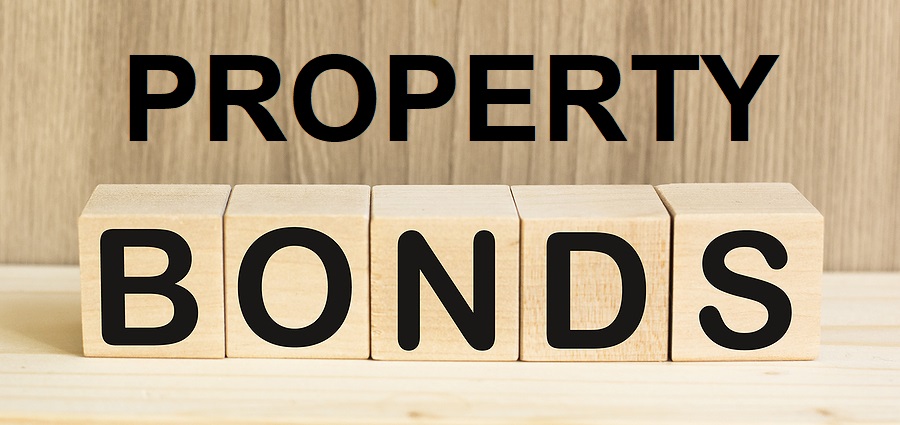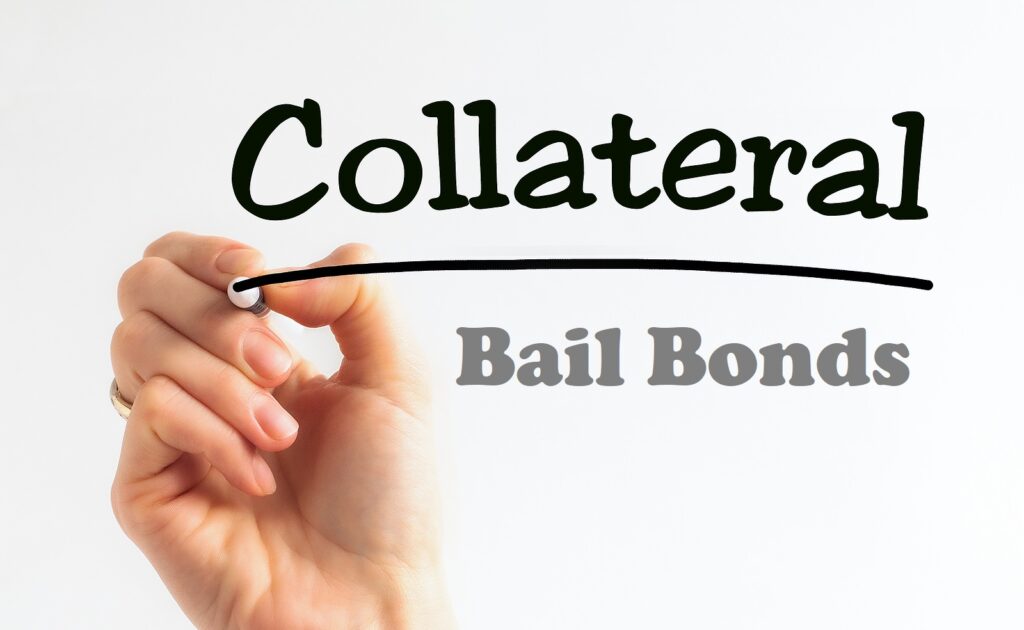Navigating the legal system can be an overwhelming experience, especially when a loved one is incarcerated. One option for securing their release is through a property bond. In this blog post, we will explore the concept of a property bond, focusing on how it works in Indiana. Our aim is to provide valuable information for families and friends of the incarcerated, bail bond co-signers, or indemnitors, who may consider this route.

What is a Property Bond?
A property bond is a type of bail bond that allows an accused person to be released from jail using real estate as collateral. Instead of paying cash, the equity in the property is used to secure the bond. If the defendant fails to appear in court, the property could be forfeited to the court. Property bonds can be an appealing option for those who may not have the liquidity to pay a cash bond but own valuable real estate.
Eligibility Criteria for Property Bonds in Indiana
Before pursuing a property bond, it’s crucial to understand the eligibility criteria in Indiana:
☑ Property Value: The value of the property must typically be equal to or greater than the bond amount set by the court. Courts usually require twice the value of the bail amount in equity.
☑ Ownership: The property must be owned outright or have sufficient equity to cover the bond amount. Any existing mortgages will be considered in assessing the property’s value.
☑ Documentation: You’ll need to provide proper documentation, including a title deed, mortgage statement, and a property appraisal.
☑ Court Approval: The court must agree to accept the property as collateral. This often involves a detailed review of the property’s value and any encumbrances.
How to Obtain a Property Bond: Step-by-Step
Navigating the process of obtaining a property bond can be complex. Here’s a step-by-step guide to help you:
Step 1: Consult a Bail Bond Agent – The first step is to consult with a licensed Indiana bail bond agent who is experienced in dealing with property bonds. They can provide insights into the requirements and guide you through the process.
Step 2: Property Valuation – Have the property appraised to determine its current market value. This is crucial as the court will need to see that the property’s value covers the bail amount.
Step 3: Gather Documentation – Collect all necessary documents, including:
- Title deed
- Recent mortgage statement
- Property tax bill
- Appraisal report
Step 4: Submit the Application – Work with your bail bond agent to submit your application to the court, including all required documentation. The court will then review the application’s validity.
Step 5: Court Hearing – Attend the court hearing where a judge will evaluate the property and decide whether to approve the bond. Be prepared to answer questions about the property and its value.
Step 6: Post the Bond – Once approved, the property bond is posted, and the defendant can be released from jail. The property serves as collateral until all court appearances and legal obligations are fulfilled.
Responsibilities of a Co-Signer in a Property Bond Agreement
Co-signers play a crucial role in the property bond process. Here are some key responsibilities:
- Legal Obligations: Co-signers are responsible for ensuring the defendant attends all scheduled court hearings. Failure to do so can result in the forfeiture of the property.
- Financial Liability: If the property is forfeited, the co-signer could lose their real estate.
- Communication: Maintain open lines of communication with the bail bond agent, the court, and the defendant to ensure all legal obligations are met.
Risks and Benefits of Using a Property Bond
Benefits
- No Immediate Cash Deposit: Property bonds allow you to avoid paying a large sum of money upfront.
- Utilizing Assets: You can leverage your real estate to secure the release of a loved one.
- Potential Savings: Property bonds may save you money in the long run compared to high-interest bail bond loans.
Risks
- Property Forfeiture: If the defendant fails to appear in court, you risk losing your property.
- Complex Process: Obtaining a property bond can be time-consuming and requires thorough documentation.
- Legal Obligations: The co-signer holds significant responsibility for ensuring the defendant meets all court requirements.
Closing Summary
Securing a property bond in Indiana can be a viable option for getting a loved one out of jail, provided you meet the eligibility criteria and understand the responsibilities involved. While the process can be complex, working with an experienced bail bond agent can significantly ease the burden.
If you’re considering a property bond or need professional advice, don’t hesitate to reach out to our trusted team. Contact Woods Bail Bonds at 317-876-9600 for speedy and secure bail bond service in Indianapolis and its surrounding counties. We also offer pre-arranged bail for arrest warrants.
Related Posts:
Guide to the Indiana Bail Bond Cosigning Process: A Lifeline for a Friend in Need
Here is What You Want to Know About Collateral Bail Bonds
7 Common Types of Collateral Accepted By Bail Bond Companies

